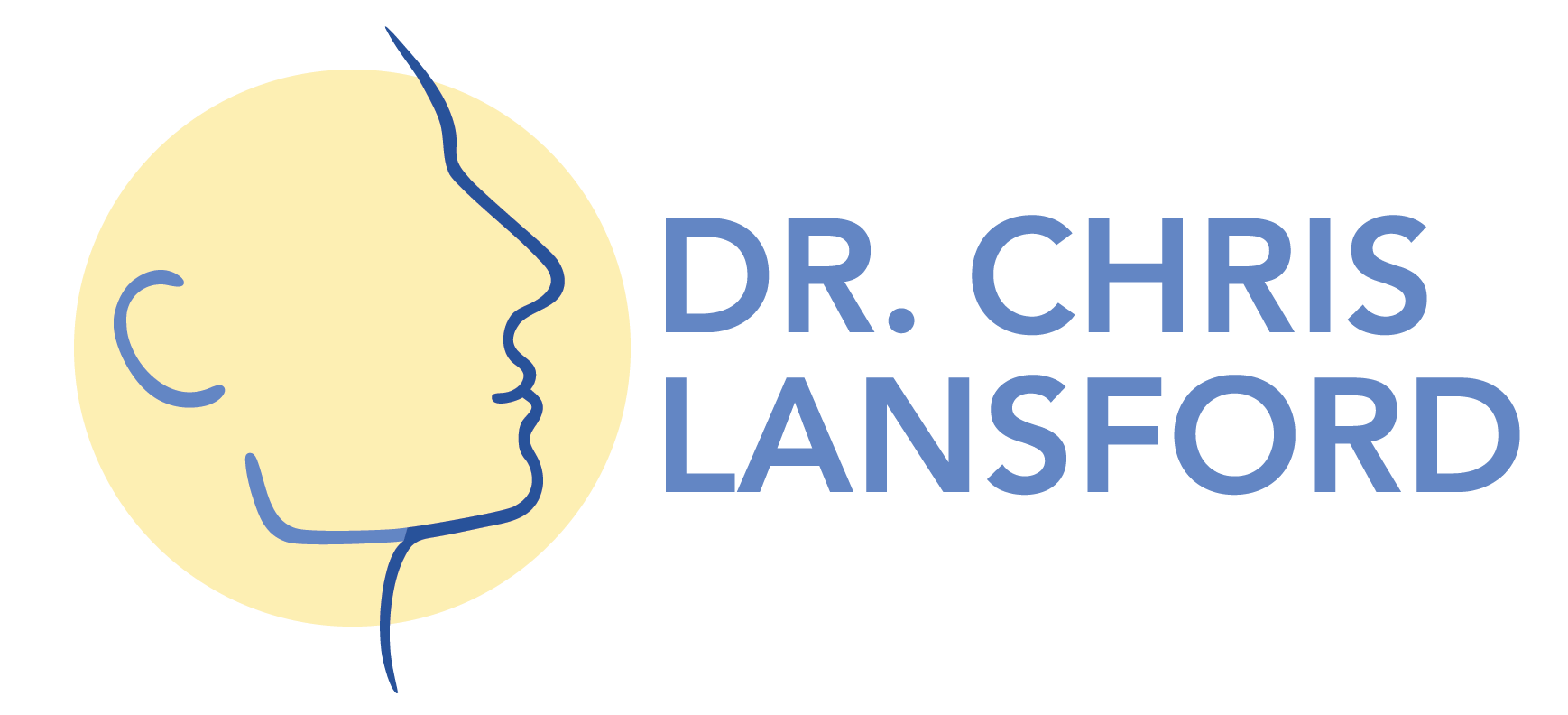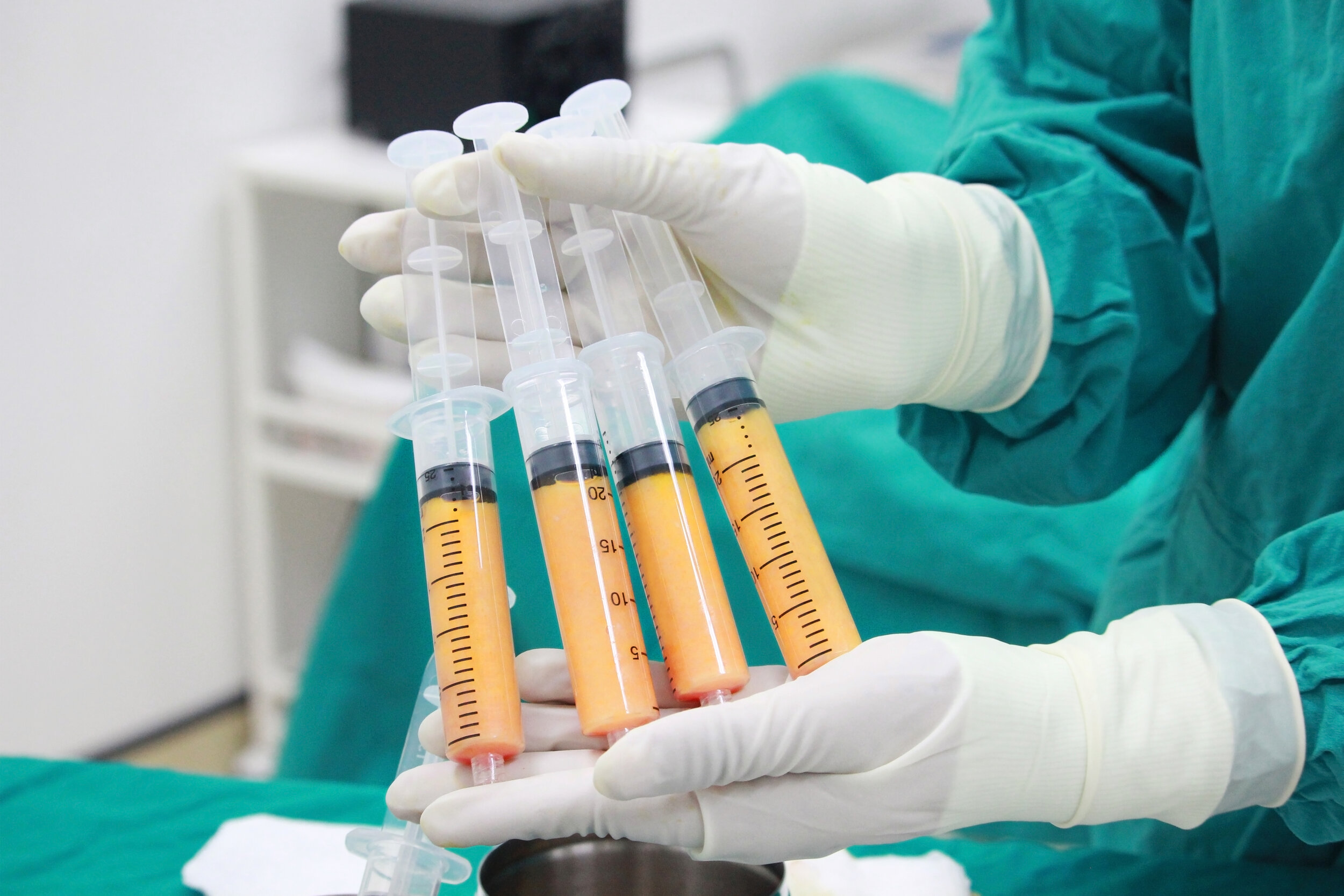Treatments: Cheek Shape
Cheek shape
Cheek shaping may be undertaken by someone interested in refining the facial contour. In the example to the left, provided by Otto Placic, an individual with moderately full lower cheeks and unpronounced cheek bones underwent buccal fatpad excision and fat grafting over the cheekbones. Several treatment options exist and, as shown here, may be combined to achieve the desired result.
Hyaluronic acid Fillers
Restoring natural volume lost over time, or augmenting one’s natural contour may be accomplished by using a hyaluronic acid (HA) filler gel. HA is a natural substance naturally distributed widely throughout the body. Synthetic HA may be injected to the desired areas (such as the lips, eyelids, or cheeks) for immediate results that last up to years. HA fillers do slowly dissolve and lose their volume, with half of it lost after 9 months in a conservative estimate. Several different options for gel viscosity and cross-linking exist for different purposes, such as a thicker gel for adding volume to the cheeks and a thinner gel for filling in lower eyelid tear troughs. The process may be repeated, often with a smaller quantity needed during a “touch up.” If the results are not acceptable, there is a treatment available to dissolve the filler immediately. Care is taken with filler injections to avoid placement of the material inside a blood vessel, and any pain, skin color changes, or vision changes after injection must be reported to the treating physician immediately. Examples of HA gels include Juvederm, Restalyne, Volume, and Belotero.
fat grafting
As we age, we lose fat content in the face even if we gain fat content lower in the body. The concept of fat grafting is using some fat from elsewhere in the body (such as the abdomen or thigh) and injecting it into specific locations in the face (such as the cheeks, eyelids, or lips). Unlike hyaluronic acid fillers, the fat that survives the grafting process remains in place indefinitely. Fat also contains stem cells that improve the quality of the overlying skin.
Cheek implant. Image courtesy of Implantech.
implants
A long-term and fairly simple solution to enhance and argument cheek contour is to place a silicone implant. This is done through a small incision between the lip and the gum on each side. Different sizes of implant are available and they can be removed in the future if desired.
Fat reduction (buccal fat pad excision)
For rounded “chubby” cheeks, removal of the buccal fat pad may be undertaken to improve cheek contour with a mild concavity under the cheek bone.
treatment of cheek wrinkles (including laugh lines/smile lines)
Losing volume in the cheeks through aging leaves a relative excess of skin in the face. This is like the process in which a smooth grape turns into a wrinkled raisin with loss of volume. Adding volume in the selected areas of the cheek counteracts this process, improving mild to moderate wrinkles. Deep wrinkles or severe skin excess is best addressed by a surgical facelift, with or without volume augmentation or skin resurfacing.







